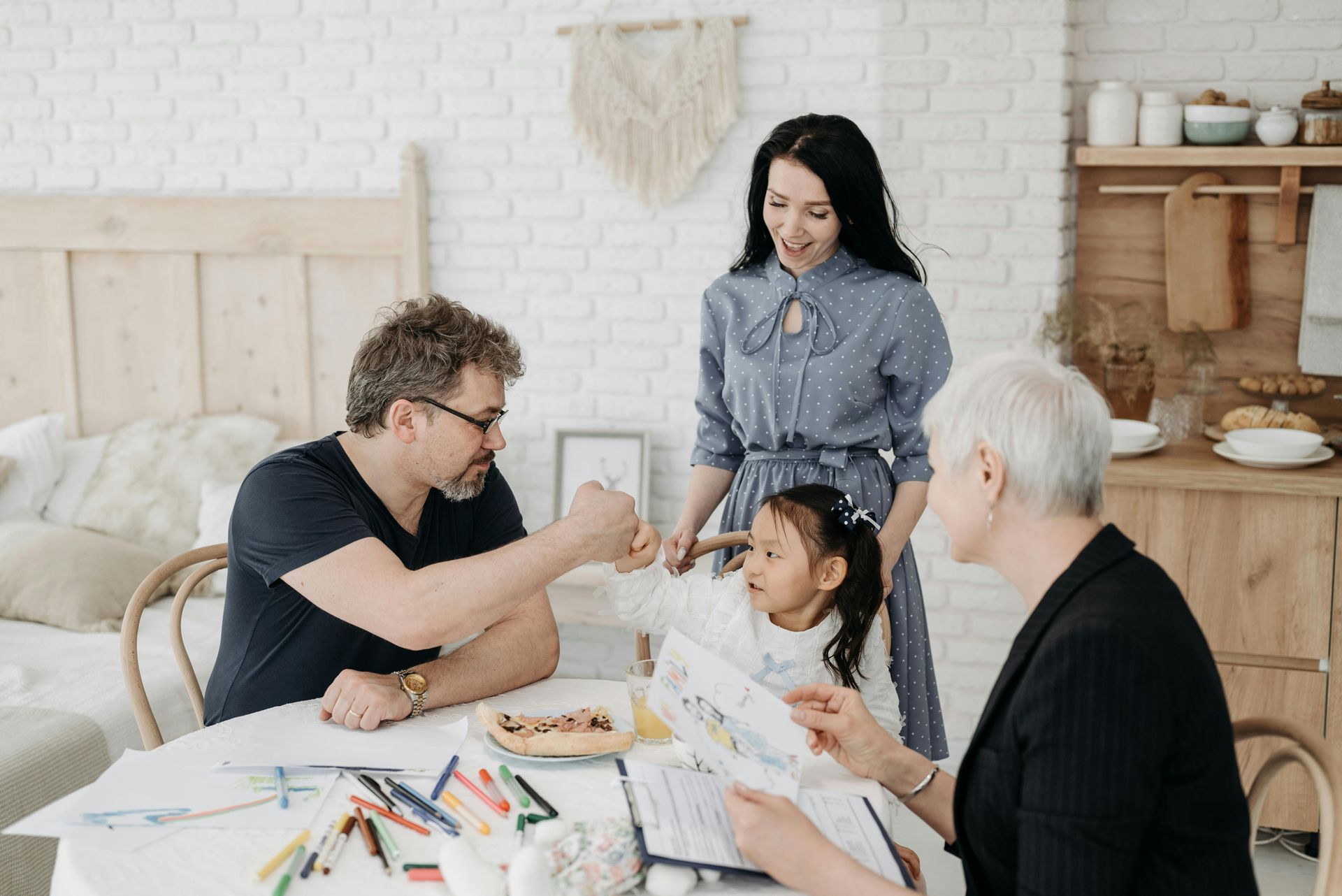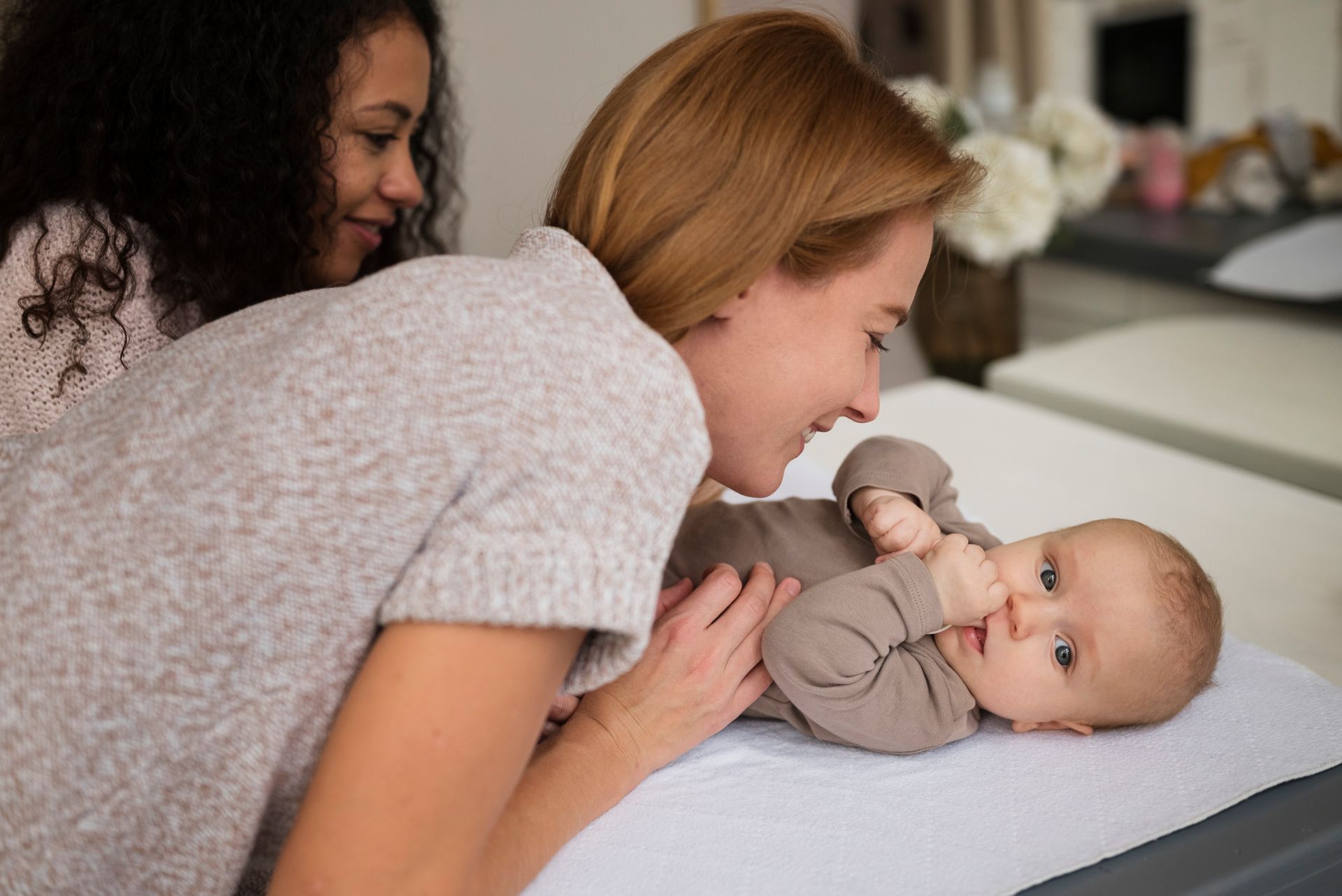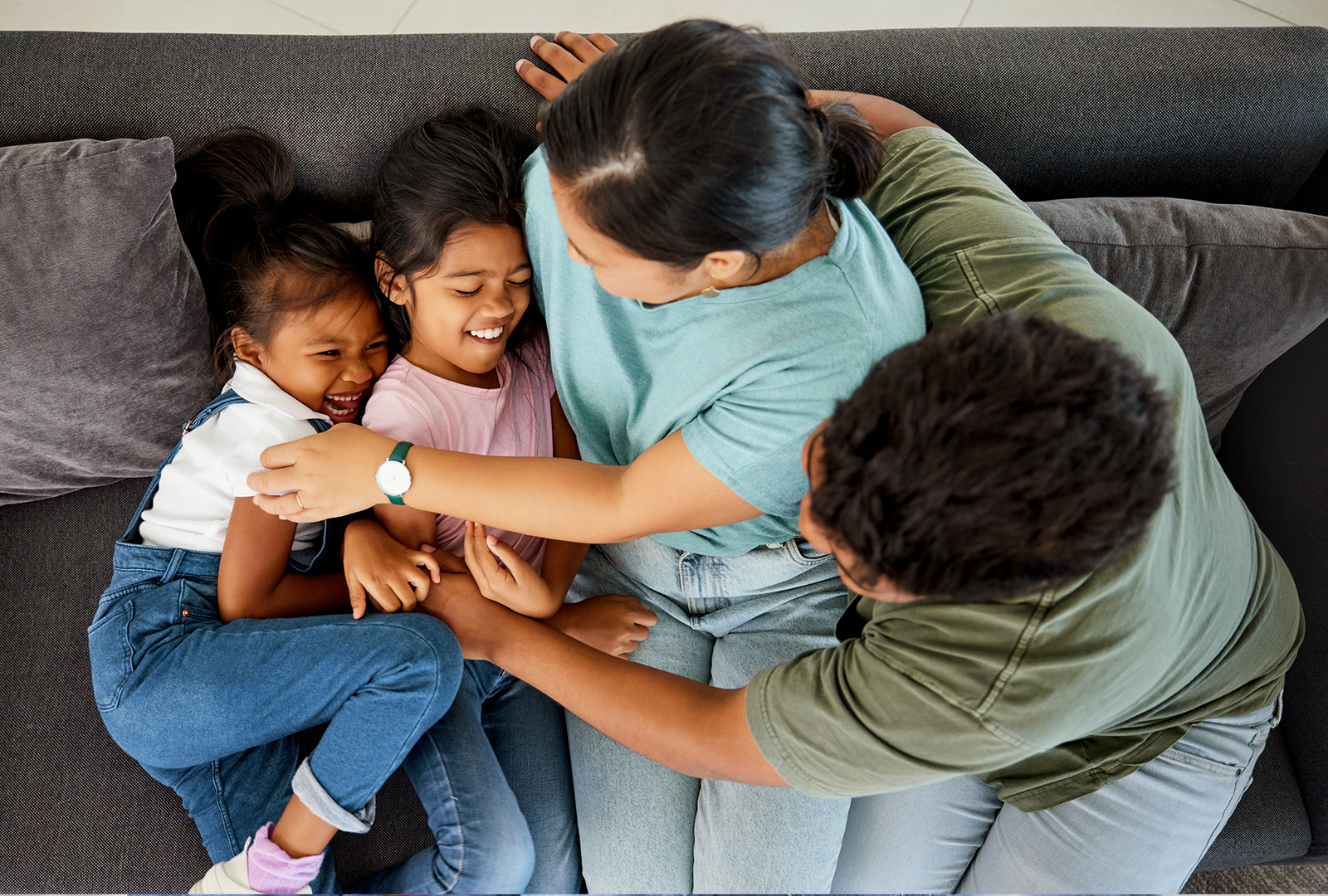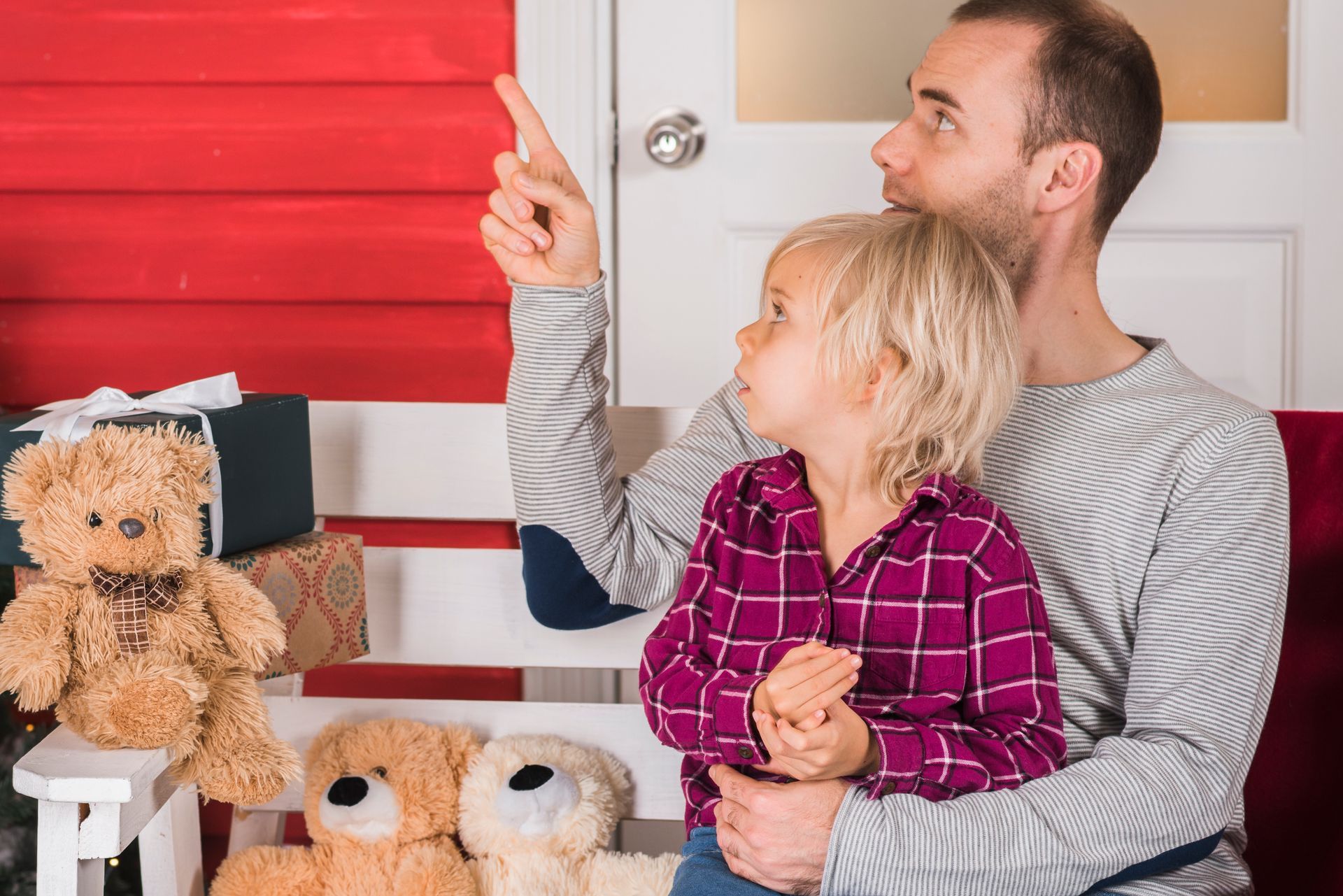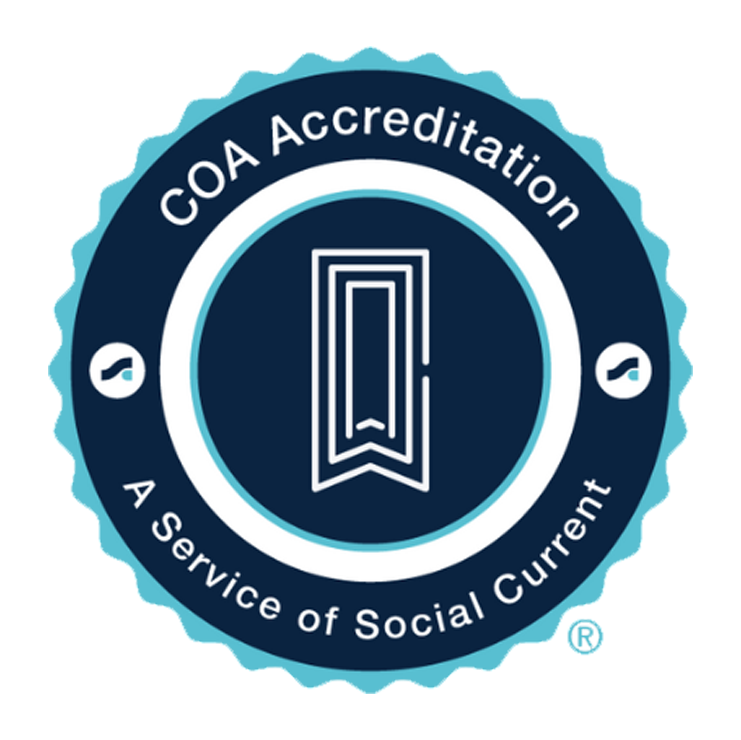Open adoptions create a unique dynamic where birth parents retain a certain level of contact with their child and the adoptive family. This arrangement can vary greatly, from exchanging letters and pictures to direct contact through visits. Caring For Kids, Inc. recognizes the significance of these relationships and offers guidance to navigate them successfully. Here’s an exploration of the role of birth parents in open adoptions and how families can foster positive and meaningful connections.
Understanding Open Adoption
Establishing Boundaries and Expectations
Clear Communication
Flexibility
From the outset, it's vital to establish clear expectations and boundaries regarding the level of contact and the type of relationship all parties wish to maintain. This clarity helps prevent misunderstandings and sets the foundation for a healthy, ongoing relationship.
Open adoption is characterized by transparency, communication, and respect among adoptive families, birth parents, and adopted children. It acknowledges the birth parents' ongoing role in the child's life, which can contribute positively to the child’s sense of identity and understanding of their personal history.
Navigating Social Challenges
Prepare for Questions and Comments
Supporting Your Child
Navigating the Relationship
Respect and Empathy
Inclusive Language
Open Dialogue
Cultural Connections
Navigating Emotions
Professional Guidance
Supporting the Child’s Identity
Challenges and Support
Conclusion
Relationships evolve, and the needs of the child can change over time. It's important for both adoptive and birth parents to remain flexible and open to adjusting the terms of their open adoption agreement as the child grows.
Teach your child how to respond to questions or comments about their background or your family’s makeup. Providing them with language and strategies to handle these situations empowers them and reinforces their confidence.
Maintaining respect and empathy for each other’s roles in the child's life is crucial. Adoptive parents should honor the birth parents' place in the child’s story, while birth parents should respect the adoptive parents' role as the child’s primary caregivers.
Using inclusive language that acknowledges the importance of both adoptive and birth parents fosters a sense of belonging and acceptance for the child.
Encourage open dialogue about the child’s origins, adoption story, and the role of their birth parents. This openness helps children understand their history and the loving decisions made on their behalf.
For children adopted into families of a different cultural or ethnic background, maintaining connections with their birth culture through their birth parents can be invaluable.
Develop strategies to address questions or comments about your family’s racial composition. Having thoughtful responses can help you navigate potentially uncomfortable or intrusive situations gracefully.
Open adoptions can evoke complex emotions for all involved. Accessing support through counseling or support groups can be beneficial for navigating these feelings constructively.
Caring For Kids, Inc. offers professional guidance to help manage the relationship between adoptive families and birth parents, ensuring that the open adoption arrangement serves the best interest of the child.
The role of birth parents in open adoptions is a significant one, offering children a richer understanding of their own stories and maintaining important connections. By approaching these relationships with clear communication, respect, and flexibility, all parties can create a nurturing environment that supports the child’s well-being and development. Caring For Kids, Inc. is here to support families and birth parents in navigating the rewarding yet complex landscape of open adoption.
The Role of Birth Parents in Open Adoptions
Recent Posts


